Boredom and Alzheimer’s: How to Avoid This Dangerous Combination
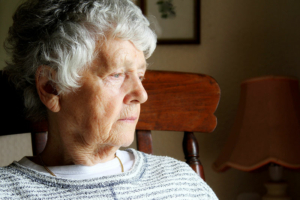
Avoid the dangerous combination of boredom and Alzheimer’s with these tips.
Salt and pepper. Macaroni and cheese. Peanut butter and jelly. Some things are just meant to go together. One combination you want to avoid, however, is boredom and Alzheimer’s. Studies have revealed that boredom in dementia contributes to an increase in:
- Anxiety
- Aggression
- Agitation
- Hallucinations
- Delirium
- Wandering
- Depression
- And more
Not only that but, boredom in family members providing care for a person with dementia is also troubling, resulting in a heightened risk for burnout and depression.
Tips on How to Prevent Someone With Dementia From Becoming Bored
Clearly, preventing boredom is essential. These tried and tested strategies are a good place to begin.
- Since boredom and loneliness often occur together, make certain there are regular opportunities for socializing in accordance with the individual’s comfort level. If large groups of visitors are overwhelming, for instance, ask family members and friends to visit one or two at a time.
- Maintain a journal of which activities were most well received, as well as the ones that seemed to be of less interest.
- Take lots of time for reminiscing. Use photo albums, scrapbooks, and home movies. Browse the internet for top news articles from a particular timeframe to talk about together.
- Play the individual’s favorite music through a variety of means: the radio, a playlist, videos of concerts, outings to local school musical programs or the person’s religious organization to enjoy spiritual songs. Perhaps even plan a karaoke night with friends and family, or a guitar or piano singalong.
- Provide plenty of meaningful activities that build a feeling of purpose and self-worth. This could include helping with folding laundry, preparing meals, sorting nuts and bolts in a toolbox, or whatever provides a connection to the person’s past occupation or passions.
- Know what sparks interest, and seek out opportunities for engagement accordingly. For example, if the individual’s face lights up whenever they see a dog, explore pet therapy or arrange for regular visits with family and friends who have dogs.
A companion from Responsive Home Care is an excellent way to bring a breath of fresh air into the day of someone with dementia. Our caregivers are experienced and highly skilled in creative techniques to boost engagement and contentment for someone with dementia. A caregiver from Responsive Home Care will add much-needed socialization for your family member, while providing you with the opportunity to step away and take some time for yourself.
Some of the many ways we are able to help include:
- Providing transportation and accompaniment for fun outings
- Planning and preparing nutritious meals and snacks
- Engagement in ability-appropriate activities that provide purpose and help boost memory
- Reminiscing and conversations
- Assistance with personal care and hygiene
- And so much more
Call us at 954-486-6440 for more information on our customized care solutions in Fort Lauderdale, Deerfield Beach, Plantation, and the surrounding areas.

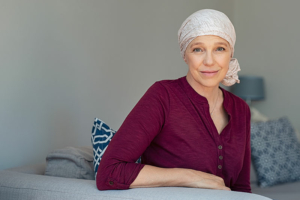

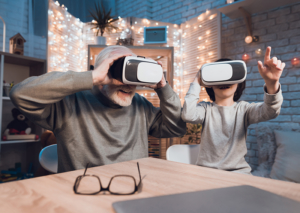 Picture for a second how it could feel to struggle with the cognitive obstacles of Alzheimer’s disease. The people who are closest to you are no longer familiar. The words that would roll off your tongue without a second thought are now just beyond your grasp. In fact, the whole world as you once knew it has turned completely upside down, leaving you yearning for a recognizable foothold.
Picture for a second how it could feel to struggle with the cognitive obstacles of Alzheimer’s disease. The people who are closest to you are no longer familiar. The words that would roll off your tongue without a second thought are now just beyond your grasp. In fact, the whole world as you once knew it has turned completely upside down, leaving you yearning for a recognizable foothold.

 In Isaac Asimov’s opinion, “The easiest way to solve a problem is to deny it exists.” It’s a common feeling for a number of family caregivers when their loved one is diagnosed with a chronic condition, such as dementia. And even though this may generate some measure of comfort in believing that life can go forward like it always has, if only we refuse to admit this new reality, the truth is that acceptance is extremely important to obtaining necessary support.
In Isaac Asimov’s opinion, “The easiest way to solve a problem is to deny it exists.” It’s a common feeling for a number of family caregivers when their loved one is diagnosed with a chronic condition, such as dementia. And even though this may generate some measure of comfort in believing that life can go forward like it always has, if only we refuse to admit this new reality, the truth is that acceptance is extremely important to obtaining necessary support.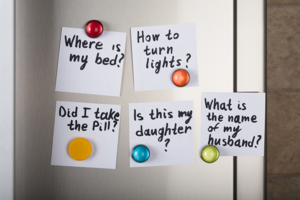
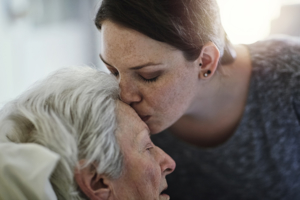
 Great news for those with
Great news for those with 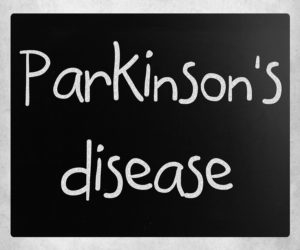
 Lifting chairs themselves are incredibly useful for your senior loved one as they are, but there are add-on accessories that can make the chair even more useful. Determining the right accessories for your loved one can often mean simply assessing her needs.
Lifting chairs themselves are incredibly useful for your senior loved one as they are, but there are add-on accessories that can make the chair even more useful. Determining the right accessories for your loved one can often mean simply assessing her needs.